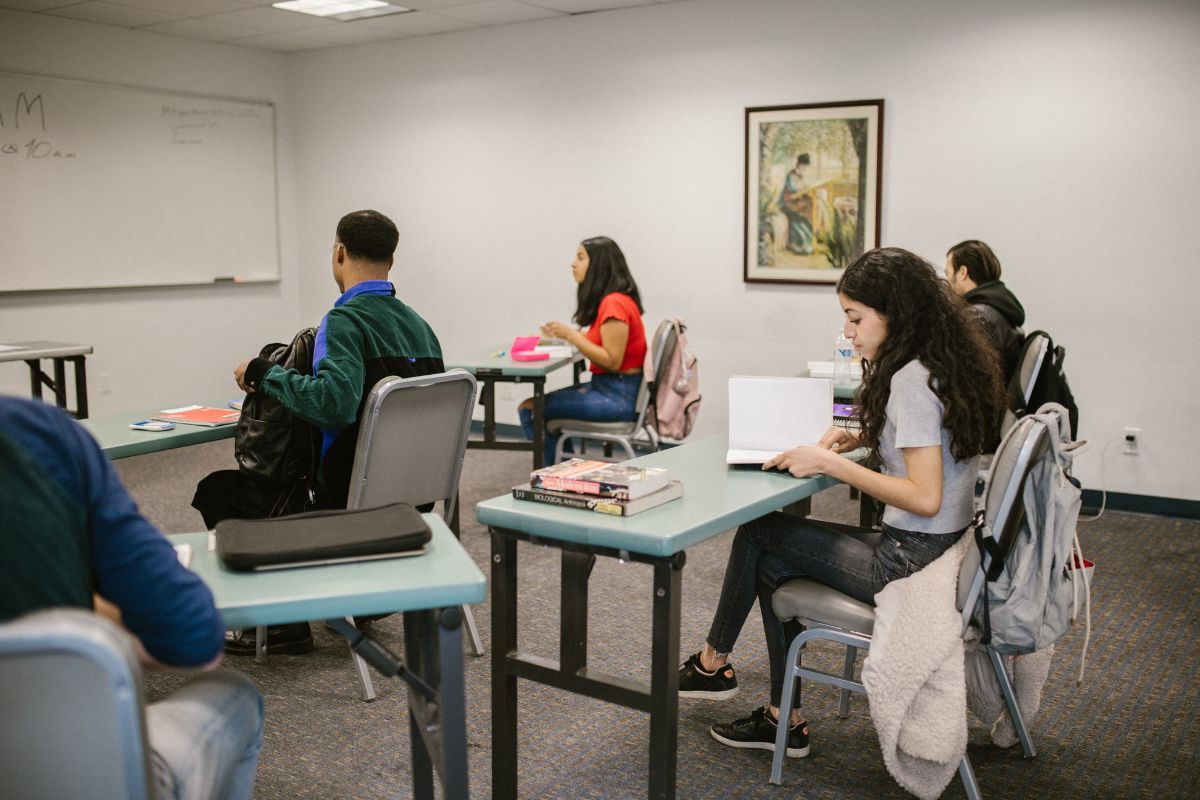Unique project connects importance of self-leadership, learning power, and student engagement

An innovative pilot has identified how a learner’s understanding of their own unique strengths and weaknesses has a direct impact on their engagement with their studies.
Undertaken in partnership between the educational charity NCFE and WILD Learning at Nottingham College, and co-funded by Ufi VocTech Trust, the project set out to create scientifically credible data around three key meta-skills to inform the design and delivery of learning experiences.
By working with learners to create a shared awareness and vocabulary, the team could facilitate transformational change within the students through a greater understanding of themselves and what matters to them – captured in their values, attitudes, dispositions, and skills.
Tutors could then be supported to design more meaningful and effective learning experiences based on this insight, developing them as individuals, whilst addressing their personal development needs.
Professor Ruth Crick, Founder and CEO of WILD Learning Ltd, said:
“Assessing and developing the meta-skills self-leadership, learning relationships and complex problem-solving skills in project-based learning and apprenticeships is an outstanding challenge for Learning Professionals in the 21st century.
“This project has enabled us to make significant steps forward in defining a rigorous measurement model which can support coaching for learning, end of project assessment, and overall accreditation for Learning Professionals as well as for students.”
The WILD team worked with a teaching group of 20 Foundation Apprentices studying Level 2 Maintenance over a two-month period. At the beginning of the process, each apprentice undertook a Learning Power assessment, scoring them on Mindful Agency, Hope and Optimism, Sense Making, Creativity, Curiosity, Collaboration, Belonging, and Openness to Learning.
Their feedback was provided as a Learning Power profile and used to frame an initial coaching-for-learning conversation. This gave students the space and opportunity to engage in self-reflection about who they were and what mattered to them.
Through this conversation, students began to use the language of learning power to think differently about their project and articulate their purpose. The learning power coach left the students with an invitation to set targets for change that directly linked to this purpose. Given the space, the students rapidly utilised their own language for self-leadership, for example: “have an open mindset”; “focus on your long-term goal”; “analyse the problem in your mind”; “ask questions”.
It was significant to note that there was limited decline in attendance over the course of the project. Student engagement with the project was such that 80% of students attended the final assessment event and successfully presented their learning to peers and tutors even after final examinations.
The project has been supported by a grant from NCFE’s Assessment Innovation Fund (AIF) and co-funded by Ufi VocTech Trust. The AIF helps organisations with new approaches to assessment and exploring innovative uses of technology across a range of pilots.
Dean Blewitt, Senior Investments and Innovations Manager at NCFE, said:
“NCFE believes that knowing their strengths and weaknesses can help learners to understand their purpose and skills, and enhance their overall learning experience. This project is an example of how our Assessment Innovation Fund, in collaboration with Ufi VocTech, promotes innovation in education through new approaches to assessment and creative uses of technology to improve learning experiences.”
Supported by NCFE and Ufi VocTech Trust, the next round of the Assessment Innovation Fund focuses on assessment within vocational education, helping UK adults develop the skills they need to gain and maintain employment.
Two organisations will be awarded up to £150,000 funding each for large-scale impact projects lasting between 18 and 24 months. The fund welcomes applications from training providers, awarding organisations, EdTech businesses, colleges, and others interested in changing the future of assessment.
Applications open on 12 February and will close on 12 March 2024. To find out more and to check your eligibility, visit here.











Responses